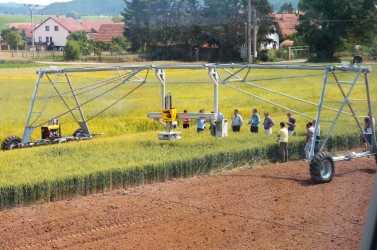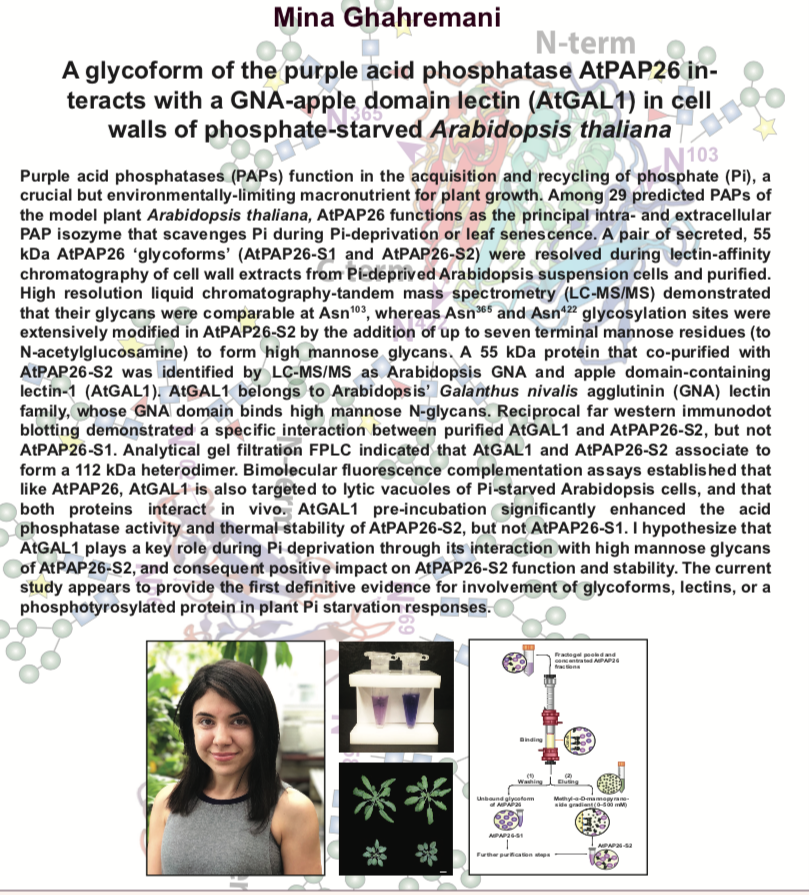|
Dr. Alex Koo, Department of Philosophy, University of Toronto
Scientific realism is the view that our current scientific theories are approximately true. While certainly appealing, scientific anti-realists argue that believing in the approximate truth of our theories is naïve when placed in the context of the history of science. The primary event to be accounted for is the transition from Newtonian physics to the current quantum model. A problem with this approach is that while philosophy of science has contributed significantly to the understanding of fundamental physics, it does not seem to apply to other scientific theories. I will present the standard debate between realism and anti-realism, and will attempt to frame the discussion under the context of the shift from classical to molecular genetics. I suggest that this shift represents an acute problem for a realist interpretation of genetics. This problem can be solved, but it requires a dramatic reconception of the gene. Whether or not this is tolerable to practicing geneticists is up to you. Dr. Stephen Hunt. President and CEO, Qubit Systems Inc. Adjunct Professor, Dept. Biological Sciences, Queen’s University.
Feeding the world is a challenging business, especially in the face of climate change, drought, saline soils, soil nutrient depletion, fungal infections, insect herbivory – this list goes on. Researchers are scrambling to develop new plant varieties that can maintain high yields under conditions that limit the productivity of current crops. However, identification of the few individual plants with beneficial phenotypic traits requires that thousands of plants are screened, preferably at the same stage of development and at the same time following imposition of stress. This seminar will describe high throughput plant phenotyping platforms designed to meet these challenges in the greenhouse, growth room and field. Imaging technologies for RGB and morphometric analysis, thermal analysis, hyperspectral analysis and, critically, analysis of chlorophyll fluorescence kinetics will be discussed. The latter technique, as a tool for rapid monitoring of photosynthetic processes, is extremely useful in identifying the early onset of numerous stresses, as well as recovery from such stresses after amelioration. The presentation will also review techniques for root phenotyping, and will consider issues concerning the plasticity of the plant phenotype as a product of genotype-environment interaction. |
Archives
February 2021
|



